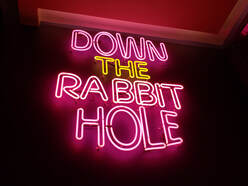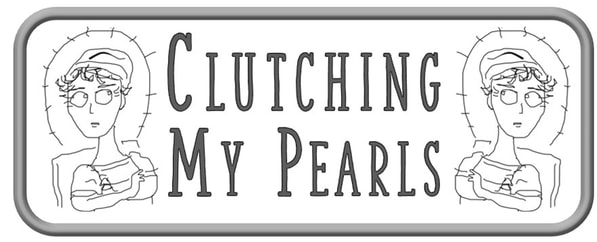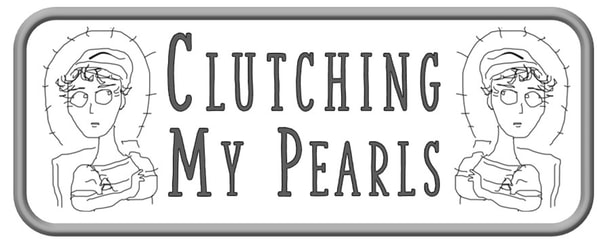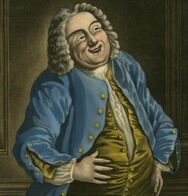| This blog explores social attitudes in Jane Austen's time, discusses her novels, reviews forgotten 18th century novels, and throws some occasional shade at the modern academy. The introductory post is here. My "six simple questions for academics" post is here. "Bless me! I never could have supposed it. But I live out of the world, and am often astonished at what I hear." -- Mr. Woodhouse in Emma |

As I pointed out in my article, if the interpretation of the riddle is mistaken, then the interpretation of the novel built upon it is moot. Nevertheless, I will discuss that interpretation to resume an earlier discussion of Jillian Heydt Stevenson's book, Austen's Unbecoming Conjunctions, Subversive Laughter, Embodied History.
Heydt-Stevenson is positing an advanced and subtle degree of allusive meaning in Austen's work. I'm not an expert on the evolution of the novel, but I don't see similar examples of subtle (and I mean subtle) allusion in the novels of Austen's time. There is allegory, yes, and satire, yes, but--well, see if you can follow the extended line of thought that Heydt-Stevenson thinks Austen’s first readers would have followed after they had read the one stanza of the Kitty riddle that appears in Emma...






 RSS Feed
RSS Feed